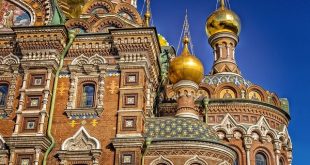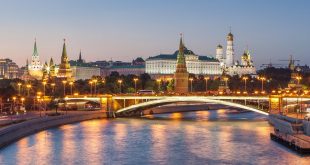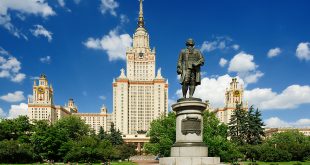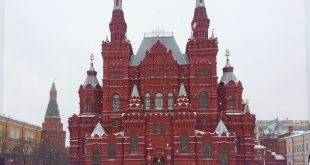Getting to know the culture, customs and traditions of Russian people is one of the assisting ways to integrate into Russian society.
Aside from the study talk, of course, the student would like to get to know this wonderful county, with its long history that is rich in literature, arts, philosophy, architecture, and others.
Russia has a visual cultural history, starting from fashion to the decorative religious symbols. Today, we will take you on a journey through the culture facts, customs and traditions of the Russian people.
Check our articles about how to enroll in a Russian university and how to get a study visa in Russia.
Table of Contents
Languages, population and ethnic makeup of the Russian society
Russia is the largest country in the world with regard to territory and the home to a population numbered at around 144 million. The country has at least 190 ethnic groups. Moreover, more than 75% of the population are of Russian descent while the rest consists of Tatar, Ukrainian, Chuvash, Bashkir as well as Chechen people.
On the matter of language, Russian is the official one, but many Russians speak English as a second language. The other minority language spoken in Russia are the ones spoken by the minority populations. But although these groups are accounted as minority, their languages are widely spoken in Russian regional areas.
The Russian Family traditions
The family unit is very important in the Russian society, and each family is dependent upon all its members. Usually, families in Russia are large, and it is not always the traditional husband, wife and children model. If you happen to be invited to a Russian family home, you will surely meet with 2 or 3 generations sharing the living space.
These Russian families usually live together and always gather together to celebrate for birthdays, family events and other holiday celebrations. This Russian family unit is instilled into Russian from childhood, and everyone should always be ready to help and protect their relatives in difficult times.
Religion
Religion has always been a primary component of Russian life. There are more than 5,000 religious associations in Russia.
More than half follow the Russian Orthodox Church, according to the Ministry of Foreign Affairs of the Russian Federation.
Also, as per the World Factbook, there are around 10-15% of the Russians practice Islam, which makes it the second most-followed religion in Russia.
Russian celebrations and traditions
The country celebrates Russia Day on June 12. In 2002, former President Boris Yeltsin changed its name from the Russian Independence Day to Russia Day.
Some Russians celebrate Christmas on January 7 as a public holiday, according to the Julian calendar used by the Russian Orthodox Church. Others celebrate it on December 25.
It is not surprising to see Santa Claus wearing blue instead of red. This is one of the Russian traditions. They call him Ded Moroz.
Literature, Arts, and Architecture.
The Russian literature has a global impact, with writers such as Leon Tolstoy, the author of Anna Karenina and War and Peace, and Fyodor Dostoevsky, the author of Crime and Punishment and the Brothers Karamazov.
These novels are still being read all over the world, after being translated into many languages.
Matryoshka Dolls: these are of the most popular Russian traditions. The matryoshka dolls often consist of six or more dolls, shaped like a Russian peasant girl in the traditional costume. They are wooden dolls with different sizes, which make them nesting inside one another.
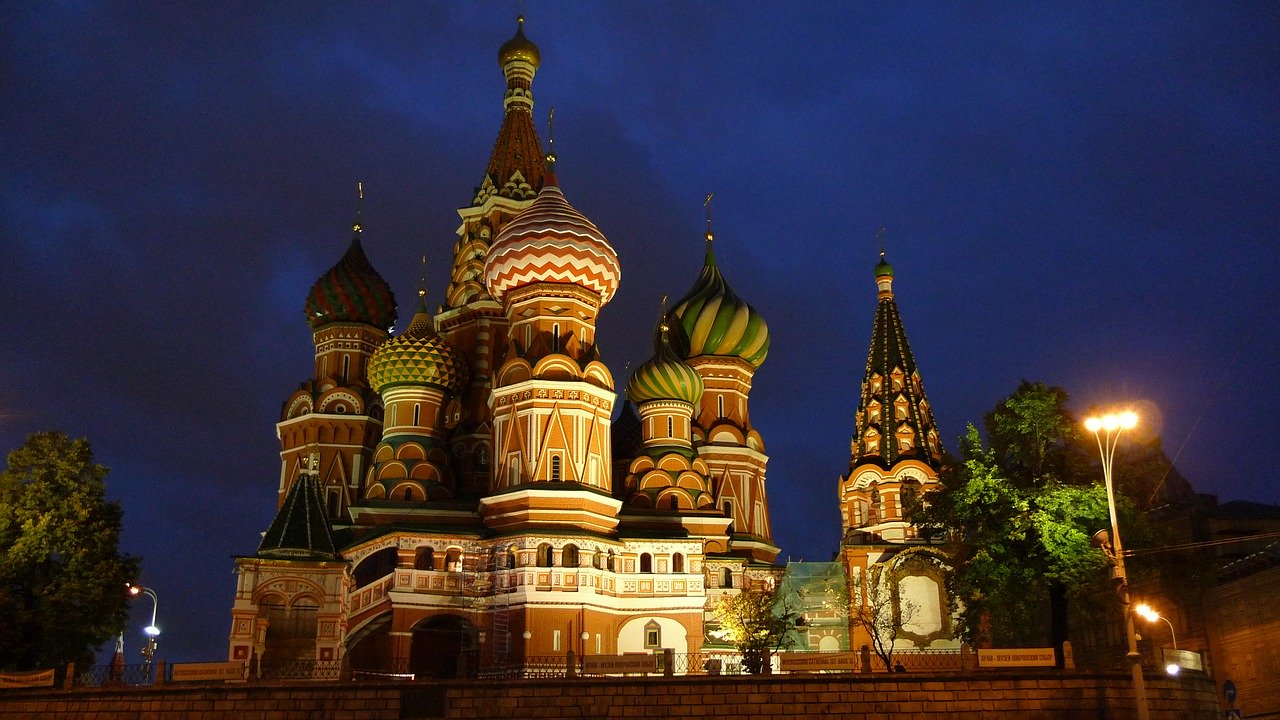
Painted Onion Domes: the Russian architecture is famous for the painted onion-shape domes. You can find them on top of the churches. It is said that they resemble the burnt candles or vaults to heaven. They often appear in groups of three domes, representing the Holy Trinity. The painted onion domes first appeared in the reign of Ivan the terrible.
Russian Culture Food
Mass banquets are essential to distinguish festivals and celebrations, such as Christmas, weddings, anniversaries, and big official holidays. The Russian cuisine marks one of the important traditions of the Russian people, as it has delicious and unique recipes and traditions.
Borscht or Borsch: it is one of the most well-known and strangest traditional Russian foods. This is a beet soup that is full of vegetables and meat. It is typically served with sour cream, which is the main component in many Russian dishes.
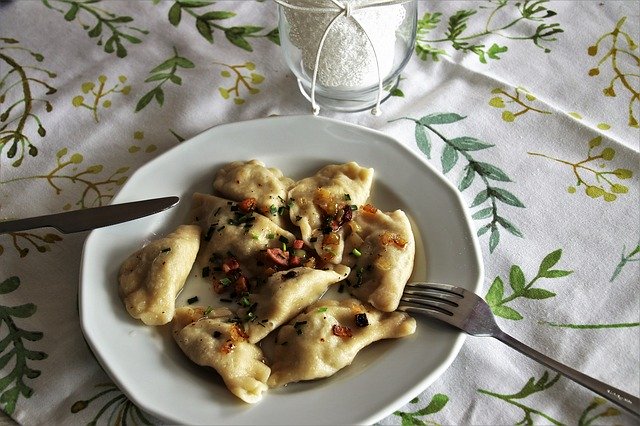
Piroshki: these are small baked buns stuffed with potatoes, meat, and cabbage. This dish is different from the Pierogi, which are Polish dumplings, boiled and then fried. They are also stuffed with meat, cheese, and potatoes.
Russian Lifestyle and Etiquette: The Dos and Don’ts
The typical way of greeting in Russia is a firm handshake while maintaining direct eye contact. Of course, men shaking a woman’s hand will do it less firmly. Female friends will greet together with a kiss on the cheek, while male close friends will often give each other a pat on the back and a hug.
To easily socialize with local people, learn the key words and phrases in Russian: greetings, shopping, bargaining words as well as the ones used when you ask for directions. When invited in a Russian household, bring a small gift: chocolates, flowers (not yellow ones!) or a small toy for a child.
Favor dressier clothes over the casual ones. Russian people pay attention to their appearance and tend to be more respectful of people who are well-dressed. And this one goes without saying, but a long black coat is an essential item you should have in winter, not only to keep you warm but to help you blend in with the locals.
When entering people’s home, take off your shoes. Russian homes usually have expensive rugs, so you should not risk dirtying them with dusty shoes. The host will anyway offer you a pair of slippers to wear inside. When taking public transportation, do not overlook elderly people, leave your seat to them. Not doing so is a serious offense!
Learn also the best universities in Russia




 Aljawaz Your guide to study abroad
Aljawaz Your guide to study abroad


